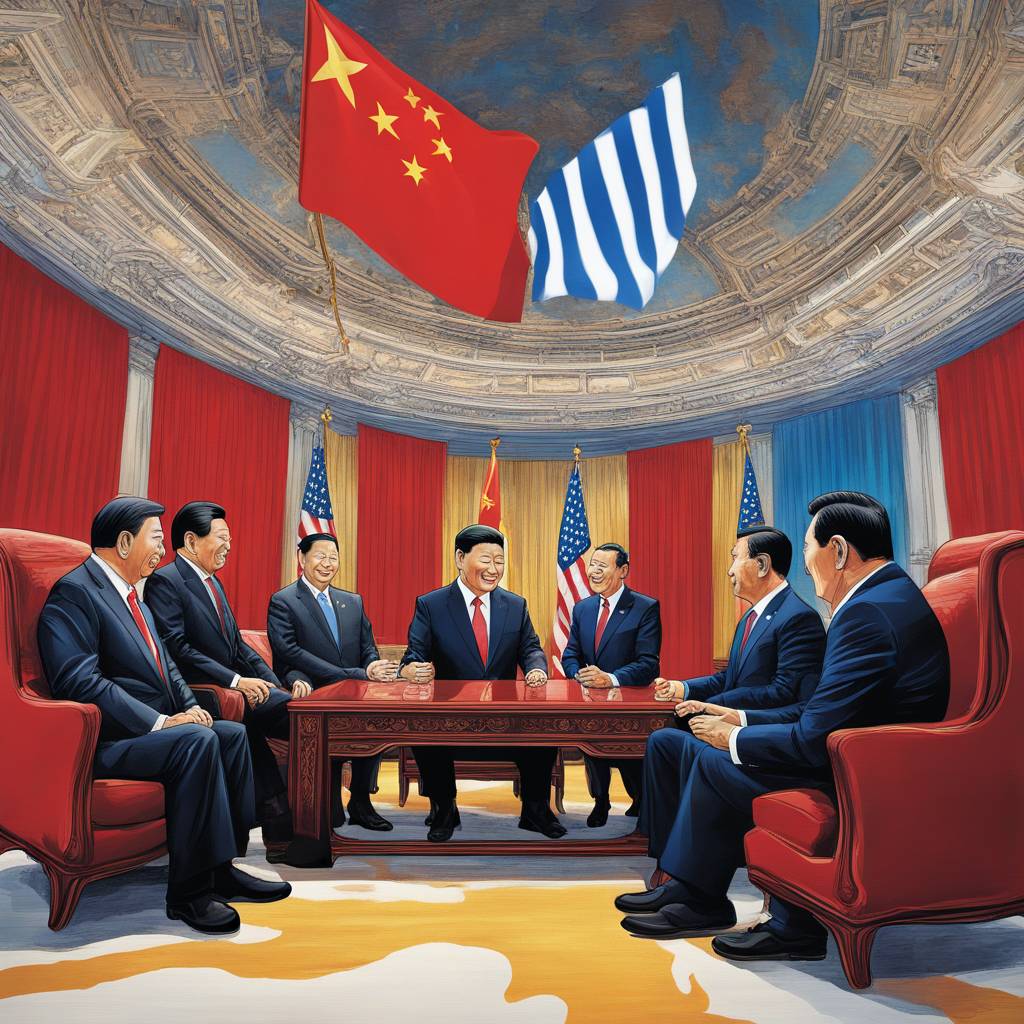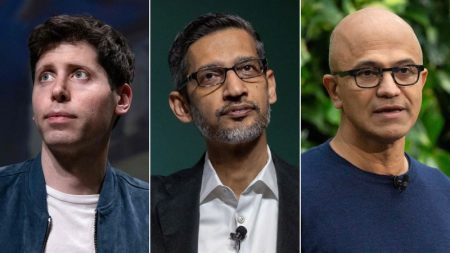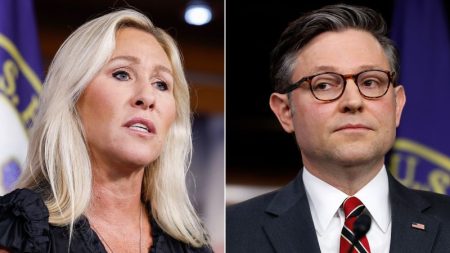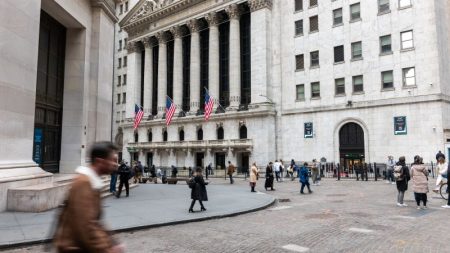Chinese leader Xi Jinping met with a group of US CEOs and academics in an effort to revive foreign direct investment in China and mend relations with the United States. The meeting, held at Beijing’s Great Hall of the People, included prominent figures such as Cristiano Amon of Qualcomm, Raj Subramaniam of FedEx, and Stephen Schwarzman of the Blackstone Group. This came after a major government forum that aimed to engage global business leaders with Chinese officials. The annual China Development Forum in Beijing saw more than 100 global CEOs and heads of international organizations, with over 30 of them being US executives.
Despite efforts to attract foreign investment, China has been facing a significant decline in foreign direct investment. Factors such as slower economic growth, regulatory crackdowns, national security legislation, and doubts about long-term growth prospects have contributed to a lack of confidence in the country’s economy. In the first two months of 2024, foreign direct investment shrank nearly 20% compared to the previous year, following an 8% decline in 2023. Direct investment liabilities also saw an 82% slump in 2023, marking a 30-year low. A survey by the American Chamber of Commerce in China revealed that 57% of US firms lacked confidence in China’s market openness to foreign companies.
China has set its economic growth target for this year at around 5%, the same as last year. However, market analysts view this goal as ambitious given the lack of major stimulus measures by the central government to address consumer confidence and spending. The country faces various challenges such as a downturn in real estate, deflation, debt, a shrinking population, and a shift in economic policy towards ideological objectives that have unsettled the private sector and deterred foreign investors. Global investors remain cautious of China’s increasing scrutiny of Western companies and a structural economic slowdown.
Beijing has introduced a series of measures to boost confidence and stabilize foreign trade and investment. This includes a 24-point action plan published by the cabinet to attract foreign investment and expand market access in high-tech sectors. Despite these efforts, global executives remain hesitant to invest in China. The country’s economic challenges have prompted concerns among investors, leading to a decline in foreign direct investment. It remains to be seen whether China’s initiatives to attract investment will be successful in restoring confidence and promoting economic growth in the face of ongoing challenges.
The meeting between Xi Jinping and US executives highlights China’s efforts to reengage with foreign investors and address concerns about market access and regulatory issues. The annual China Development Forum brought together global business leaders to discuss economic developments and investment opportunities in China. These initiatives aim to boost confidence and attract foreign investment, but ongoing challenges such as regulatory crackdowns and a structural economic slowdown continue to impact investor sentiment. As China navigates its economic challenges, foreign investors will closely monitor the country’s commitment to market openness and reforms to determine future investment decisions and engagement in the Chinese market.















